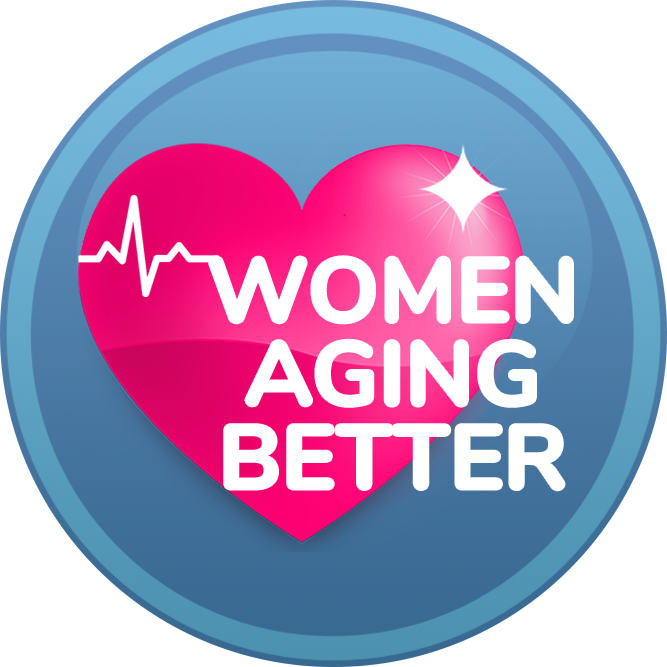Is Social Comparison Useful As You Age?
Social comparison can be a great motivator and it can also lead to problems as we age.
Many of my clients consider their 70’s and 80’s to be old age, despite the impressive activity levels that they are engaged in.
I have the privilege of working (and playing) with people who are not interested in remaining in the “bell curve” of average old age and are redefining what age means as they live their lives.
Social comparison can be harmful to us as we age if we believe that we will inevitably end up aging like the majority of others within our chronological age group. It can limit what we believe we are capable of doing despite our desires to try.
I have a client who turned 64 last week and is in very good physical healthy. She told me that she wanted to take up surfing, but was afraid she was too old.
She had tried it when she was 60 and thought it might be too dangerous, partly because she was in water with waves that were too big for her.
She’s stronger now than she was at 60 and easily demonstrated both the “pop up” (required to transition from a prone to standing position on a surfboard) and also completed several very challenging balance tasks with minimal effort and quite a bit of enjoyment.
Learning to surf in water with smaller waves is now back on her bucket list!
There are countless men and women who refuse to give into aging stereotypes and are redefining what is possible in our 80’s. 90’s and 100’s. They run, ride bikes, ski, play tennis, pickleball, golf, travel and do just about everything they want, despite their age.
This is not to say that there aren’t biological changes that happen as we age. There are, and we are at risk for many age-related issues and diseases as we grow older.
We have to work harder and smarter as we age to stay healthy and there is a certain genetic component that must be considered.
Science is showing more frequently that we have the ability to keep harmful genes turned off when we engage in healthier lifestyles and utilize the medical advances available to us.
When we look at other older people who are exceeding expectations related to aging and we believe we can follow in their footsteps, social comparison can be very useful.
It can be used as motivation and inspiration for us to do better.
Each of us is uniquely different in our genetic composition, belief systems, and levels of physical health.
If social comparison can help you to make positive changes in your life, it’s a good thing.
If it feels unhelpful to you or in anyway makes you feel badly about yourself, do your best NOT to engage in it.
It’s not in your best interest if it creates negative feeling, stress or unrealistic expectations.
Action Steps:
Consider the ways you currently use social comparison and whether it feel healthy and encouraging or somewhat negative and unrealistic?
In what ways can you use social comparison to improve the quality of your life, if it feels like a useful tool?
How can you work to reduce your social comparison if it’s not something that you find helpful?

